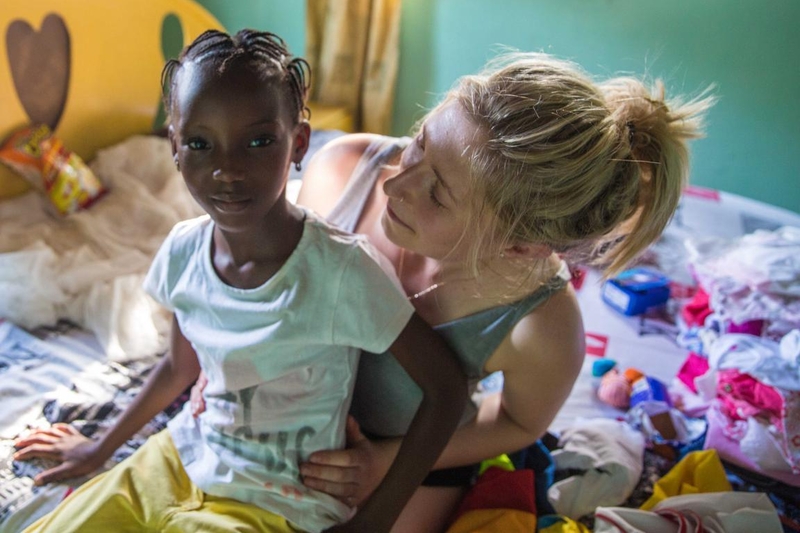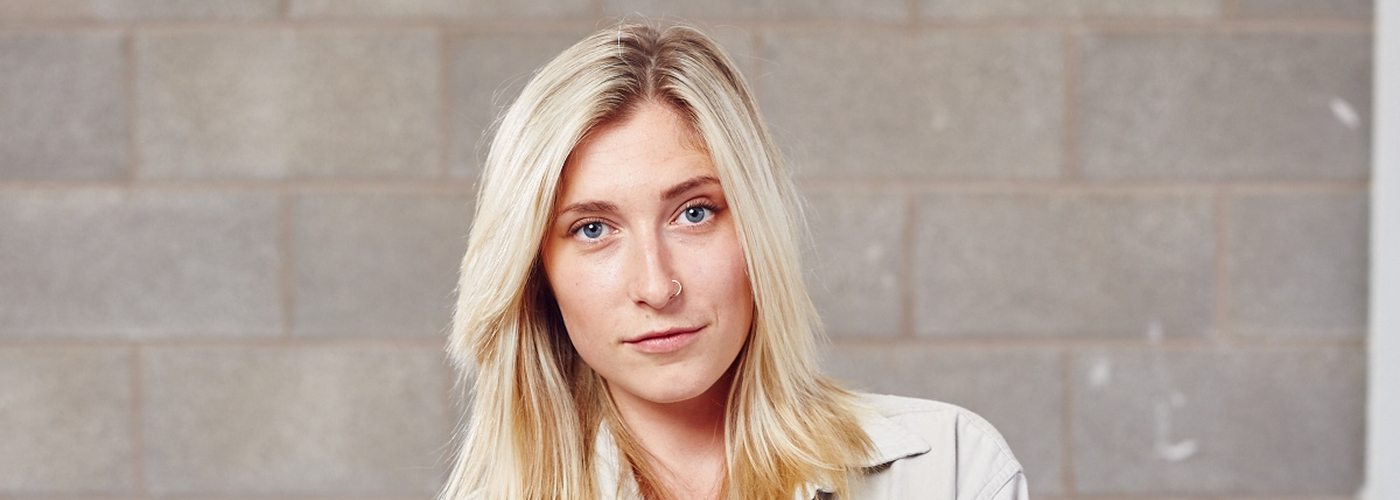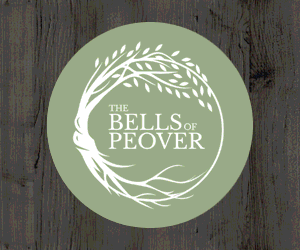Madeleine Penfold spent a month living below the poverty line for charity - here’s what she learned
According to national statistics*, we each currently splurge an average of £45 a week on restaurants and hotels, while average housing expenditure - including transport, energy, clothing and food - now stands at £529 per week. Collectively we're also chucking away an estimated £13 billion worth of edible food each year - £470 per household.
So the prospect of spending just £1 a day on food for a month seems not only unappealing, but nigh on impossible. Though, for around 20% of the world's population, surviving on this meagre sum is a matter of circumstance, not choice.
Something Manchester-based photographer and studio manager, Madeleine Penfold, knows all too well.
Following an eye-opening trip to The Gambia, where families often live on less than £1 per day, the 24-year-old set herself a challenge: she would spend just £1 per day on food for a month in order to raise money for the Erenjang Gambian nursery school - where she had once volunteered.
The challenge would mean living off oats, tinned vegetables and fruit for the duration of April.

“I actually feel okay,” says Madeleine. “At first I felt quite ill. I had a cold, an ear infection and low energy. But now I feel my body has caught up and realised we don’t actually need that much food to live off.”
“At the start of each week, I'd take my £7 and buy oats, bananas, rice, carrots, kale, broccoli, apples, tinned chopped tomatoes, tinned kidney beans, stock cubes, salt, onions, sweet potatoes and fresh tomatoes – all from value and discount ranges," she continues.
"I have oats and banana every morning and a rice and veg meal for tea, plus sweet potato and tomato if I get hungry. My main challenge has been a lack of energy. Also working in a studio surrounded by food has been hard.
"Social situations were hard too," she continues. "I couldn't eat or drink anything or do anything that I would normally do. So many social situations, if not all, are centred on spending money, which really makes you think. I cycle to work each morning so I wasn't spending money on travel either.”
"So many social situations, if not all, are centred on spending money - which really makes you think"
On 30 April, Madeleine successfully completed the challenge and surpassed her target by raising £10,300. Similar challenges, such as the Hunger Project’s 'Live Below The Line' scheme, have also encouraged people to tighten their belts for charity. The result, it's said, is to inspire empathy for those living in extreme poverty conditions.
“I wanted to put myself in a position that was sponsor-worthy and I wanted to live in a stripped-back way myself,” explains Madeleine. “It felt like a bit of a contradiction to come back to the UK and ask people for all this money while I still lived a lifestyle of excess and over-consumption.”
So has it changed the way she thinks about food?
“It’s changed the way I think about food shopping. I never felt like I had enough time. I’d rush into work, rush out on a job and I’d buy food from the supermarket. It’s such an expensive, inefficient way of living day-to-day. If you’re going to go into Tesco and spend £3 on a sandwich then there’s no point, just buy the ingredients and do it yourself.
"It's also changed the way I view ingredients, the way to make the most out of them."

In the UK a lack of food isn’t usually seen as a ‘first world problem’ (you know, those ‘issues’ we casually mock during middle-class millennial moans) and ‘going without’ for some simply means not getting a table at El Gato Negro.
Yet, with approximately 3.9 million Brits considered to be living in 'persistent poverty', food deprivation is clearly not something exclusive to the third world. With Manchester’s rates of poverty some of the highest in the country (particularly visible as the city's homelessness crisis worsens) was Penfold not tempted to help those closer to home?
“The next thing I want to focus on is homelessness in Manchester, but to answer the question of why I chose to help people in Gambia, it's because the experience is personal to me. I sponsored a little girl there for three years, this nursery and these children are really important to me," she says.
"I don’t think it’s fair to ask me to do it closer to home – why wouldn’t I do it for these people who have nothing? There’s aid in the UK, there are charities fighting the corner for people in Manchester, but there's none at this nursery."
Talking to Madeleine, you realise this frugal challenge has revealed as much about our excessive lifestyles as it has about poverty. So what should we take from her experience?
“It’s about changing our mindset and not getting sucked into the consumer funnel that we’re in. It’s time we asked ourselves: why are we buying things we don’t need?”
You can still donate to the Erenjang nursery by visiting the Just Giving page. If you want to attempt to 'live below the line' for charity, please visit The Hunger Project
*Office for National Statistics










